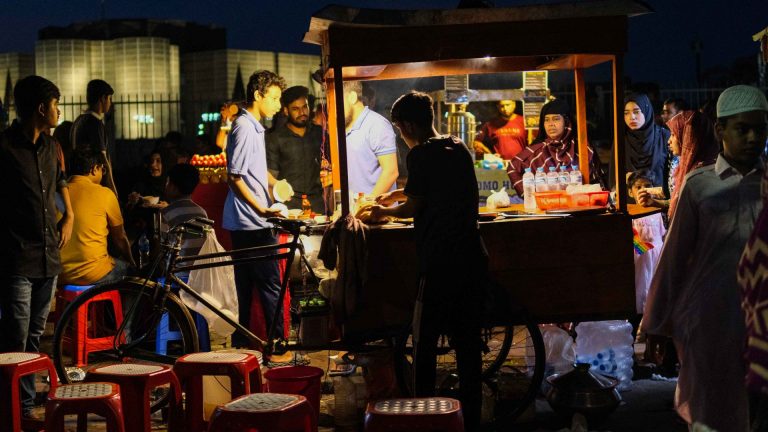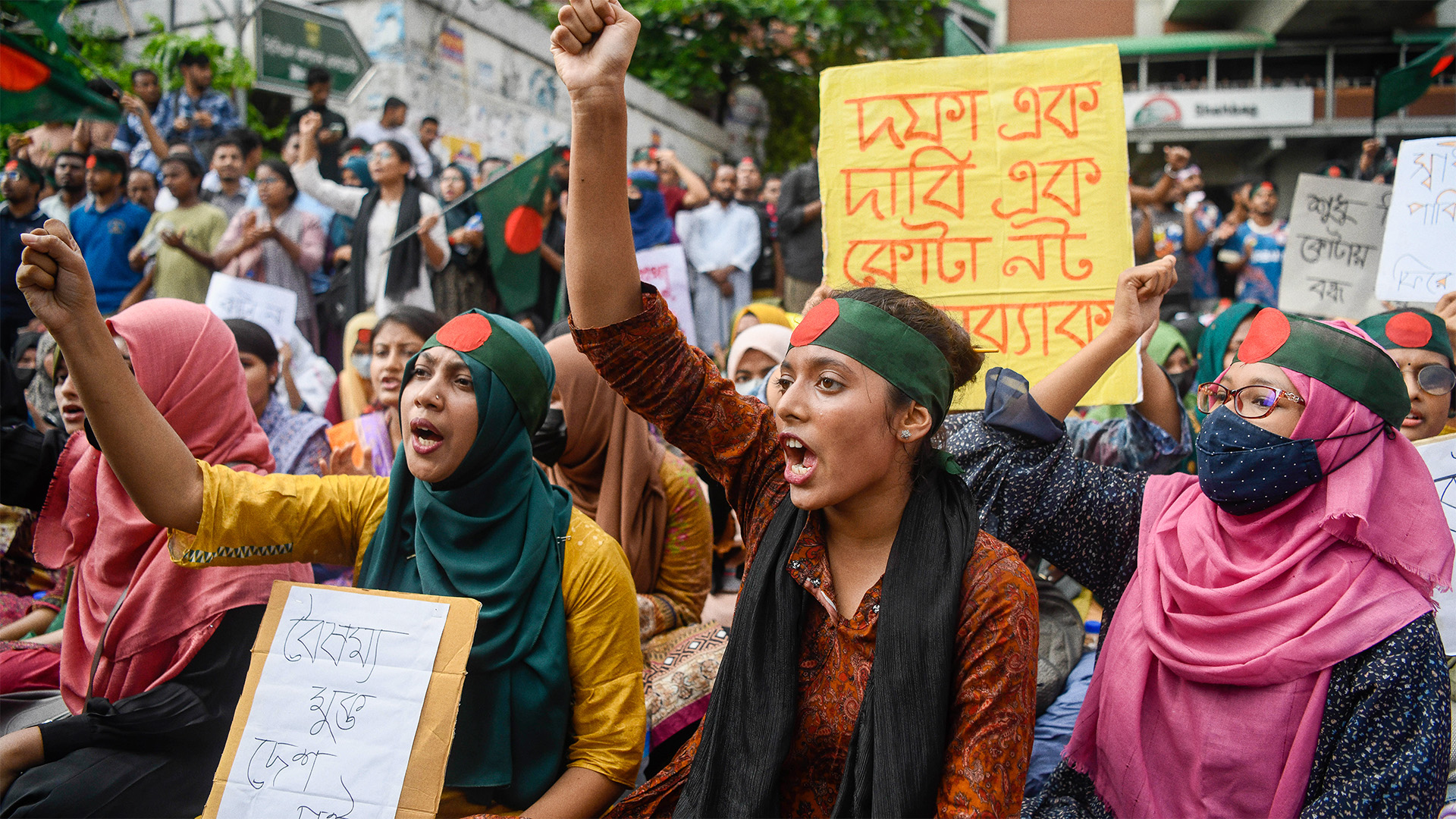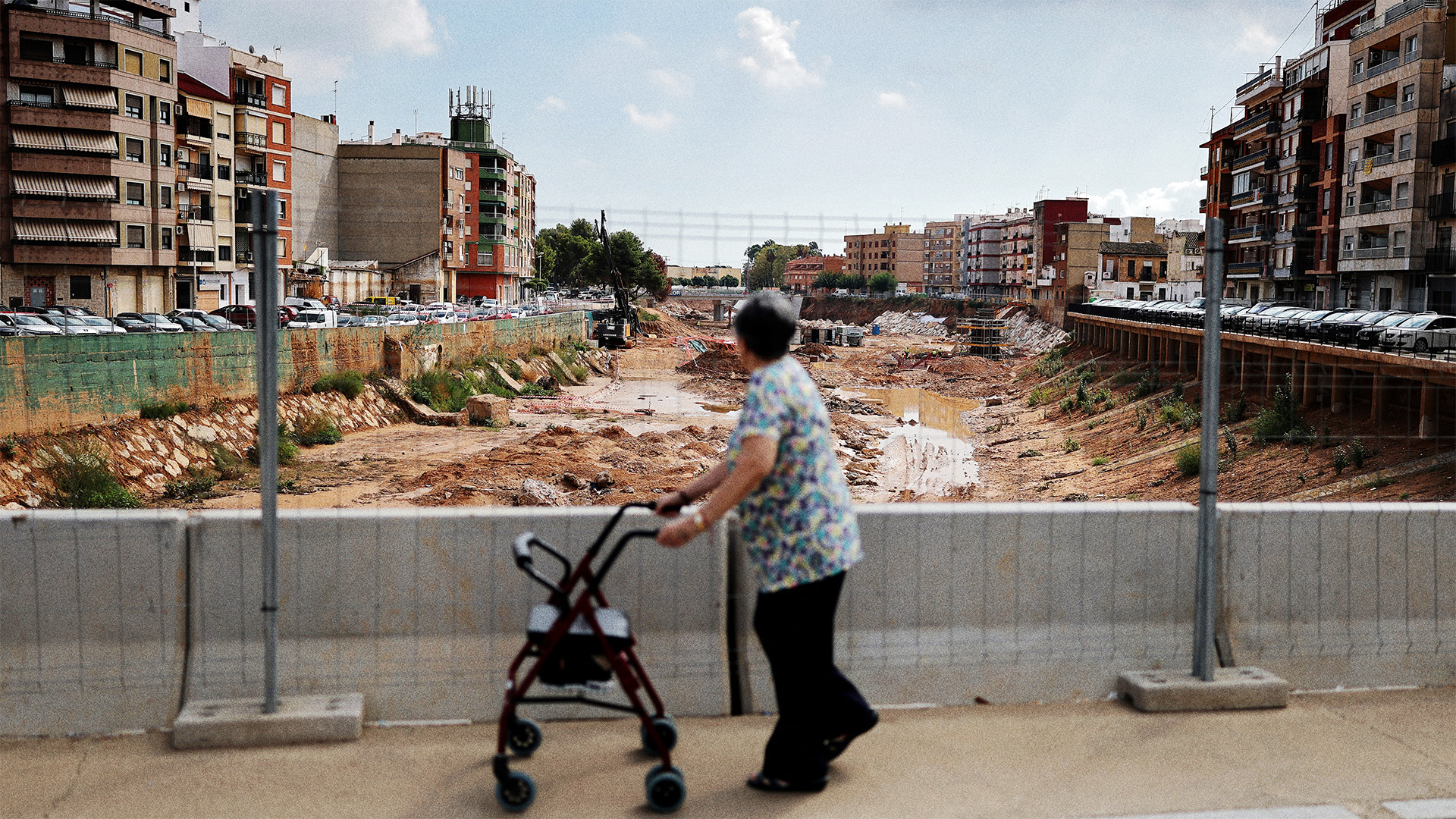Bangladesh’s 2026 general election is just a few months away, and as I walk through the streets of Dhaka, the remnants of last year’s student-led uprising are still visible. Faded slogans on walls are reminders of a time when thousands of young people filled the streets, demanding an end to authoritarian rule.
That movement, which forced Sheikh Hasina’s government to step down in August 2024, was one of the most powerful popular uprisings in Bangladesh’s recent history. Students, workers, and ordinary citizens risked their lives to demand reform. For a few intense weeks, it seemed like the country stood on the edge of a new beginning.
A year later, the passion has given way to frustration. Some young activists remain determined to turn their ideals into political action. But many others have stepped back, discouraged by the pace of reform and the persistence of old political habits.
In the months following Hasina’s fall, some of those who participated in the uprising sought to turn the movement’s energy into a political platform. One result was the National Citizen Party (NCP), a youth-led party that calls for what its founders describe as a “Second Republic”.
Jubairul Hasan Arif, 28, a senior NCP official in Chittagong, told me that the party emerged from disappointment. “We had hoped other political parties would show maturity in post-uprising Bangladesh,” he said. “Instead, they became preoccupied with dividing up power. That’s when we realised, if we want the uprising to become a true revolution, we need to establish a new political party.”
The NCP’s leaders, many in their 20s and 30s, believe that without political reform, the spirit of the uprising will fade into history. But not all young Bangladeshis share that enthusiasm. A recent survey found that 82.7% of young people aged 15-35 said they were not interested in participating in politics. The main reasons were fear of violence (58.7%), corruption, and lack of ethics in political culture (56.4%).
Only 1.6% said they were actively engaged in political activities, but over three quarters said they would vote in the next election, showing that while disillusionment runs deep, young people haven’t completely given up.
Rasme Aktar is a 23-year-old sociology student at Dhaka University. “I joined the movement because I loved my country,” she said. “But a year later, that mindset is now changing. The most urgent task is to change Bangladesh’s political system, yet too many things remain the same.”
Rasme was among thousands of women who played a role during the protests. But like many of her peers, she has since withdrawn from public activism. Online harassment, gender bias, and moral policing have made it increasingly difficult for women to stay politically engaged. “Even when we share opinions on social media,” she said, “we face attacks and hate comments. It’s exhausting.”
Suggested Reading

The Bangladeshi food that came down from the hills
Despite a year of political transition, Bangladesh still struggles with unemployment, inequality, and corruption. For decades, politics has been dominated by ageing leaders and entrenched networks of patronage. In such an environment, youth leadership rarely flourishes.
The barriers are even higher for women. The social conservatism that limits women’s roles in the workplace and public life also restricts their political participation. In recent months, conservative groups have become bolder, targeting women’s clothing, sports, and even mobility. Moral policing has become a worrying trend.
At a recent conference in Dhaka, the foreign affairs adviser, Touhid Hossain, spoke about the need to move beyond politics as mere competition for power. “Politics should not only be about coming to power,” he said, “but also about nation-building, strengthening institutions, and creating opportunities for the youth.”
Walking past Dhaka University’s courtyards, I see students lounging in the sun, scrolling on their phones. Yet behind their casual conversations, there’s a quiet awareness of what’s at stake. They talk about the upcoming election, about reforms, and about whether the sacrifices of 2024 will lead to lasting change.
Bangladesh’s 2026 election will be more than a test of the interim government’s credibility. It will be a measure of whether the generation that brought down a government can now help rebuild a nation. Will they step forward to shape the reforms they fought for, or will the weight of old politics push them back into silence?
Piyas Biswas is a multimedia journalist and documentary photographer based in Dhaka



